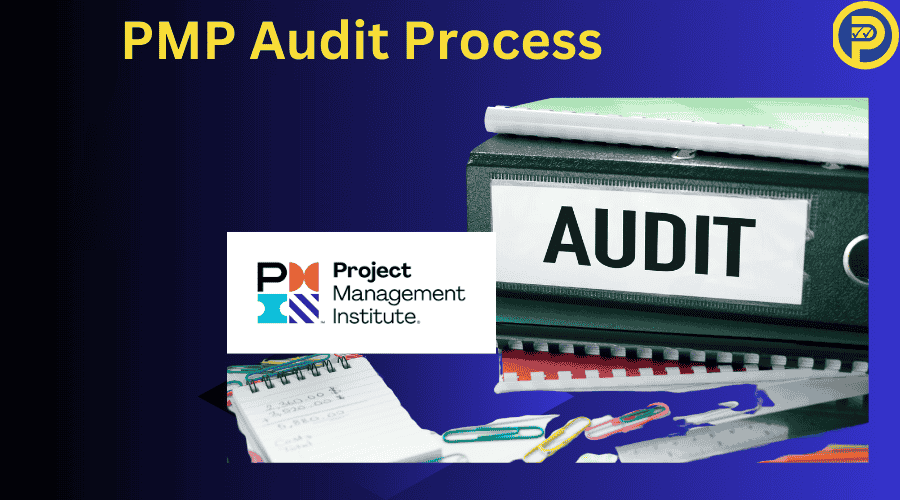Being selected for a Project Management Institute (PMI) audit can be a challenging experience for many candidates pursuing the Project Management Professional (PMP) certification. The audit process is designed to verify the information provided in the application, ensuring that all candidates meet the necessary qualifications.
However, some candidates may feel overwhelmed and choose not to engage with the audit process. This decision can have significant consequences.
About the PMI Audit Process
When selected for an audit, candidates are required to submit documentation that supports their application, including proof of work experience, educational credentials, and training hours. PMI allows candidates 90 days to complete this process. The audit is a routine part of PMI’s efforts to maintain the integrity of its certification programs and is not an indication of wrongdoing.

Consequences of Not Continuing with the PMI Audit Process
If a candidate decides not to continue with the audit process, they effectively choose non-compliance. This decision can lead to a one-year suspension from applying for any PMI certifications. During this time, the candidate cannot take the PMP exam or any other PMI-related certification exams.
This suspension serves as a significant setback for those who may have invested considerable time and resources into their preparation.
Reapplying for the PMP Exam After a One-Year Suspension
Once the one-year suspension period ends, candidates are allowed to reapply for the PMP exam. However, they must undergo the audit process again upon reapplication. This means that if they were not prepared previously, they will need to gather all necessary documentation and ensure that their application meets PMI’s standards before submitting it again.
How to Prepare Effectively for the PMI Audit
Choosing not to engage in the audit process often stems from anxiety or uncertainty about meeting PMI’s requirements. However, proper preparation can alleviate much of this stress. Candidates should ensure that they have all relevant documents organized and readily available before submitting their application.
This includes verifying education credentials and gathering signatures from supervisors who can attest to their project management experience.
Check Out: PMP Test Prep Course
Options for Candidates Considering Opting Out of the PMI Audit Process
For candidates who are considering opting out of the audit process due to unresponsive references or incomplete documentation, it is important to communicate with PMI. Candidates can change references or request additional time if needed, rather than abandoning the process altogether.
Engaging with PMI representatives can provide clarity and potentially resolve issues without resorting to non-compliance.
Continue Reading: What Happens if I Fail a PMI Audit?
FAQS
How To Avoid PMP Audit?
You cannot avoid the PMP audit, as it is a random selection process that can include anyone. Therefore, it’s important to prepare before applying for the exam. This preparation will ensure you are ready in case you are audited. Provide accurate information, keep all relevant documents on hand, and inform your supervisors. If you have submitted correct information and supporting documents, you will likely pass the audit swiftly.
Can Your PMP Application Be Rejected?
Yes, your PMP application can be rejected. Common reasons include unclear project descriptions, including operational work instead of project-related tasks, or failing to demonstrate leadership in projects. Ensuring that your application meets PMI's criteria and accurately reflects your experience can help reduce the risk of rejection.
What Happens if You Fail PMP?
If you fail the PMP exam, you can retake it up to two times within your one-year eligibility period by submitting a re-examination form and paying the fee. After three unsuccessful attempts, you must wait a year before reapplying. Your score report will provide insights into areas needing improvement.

